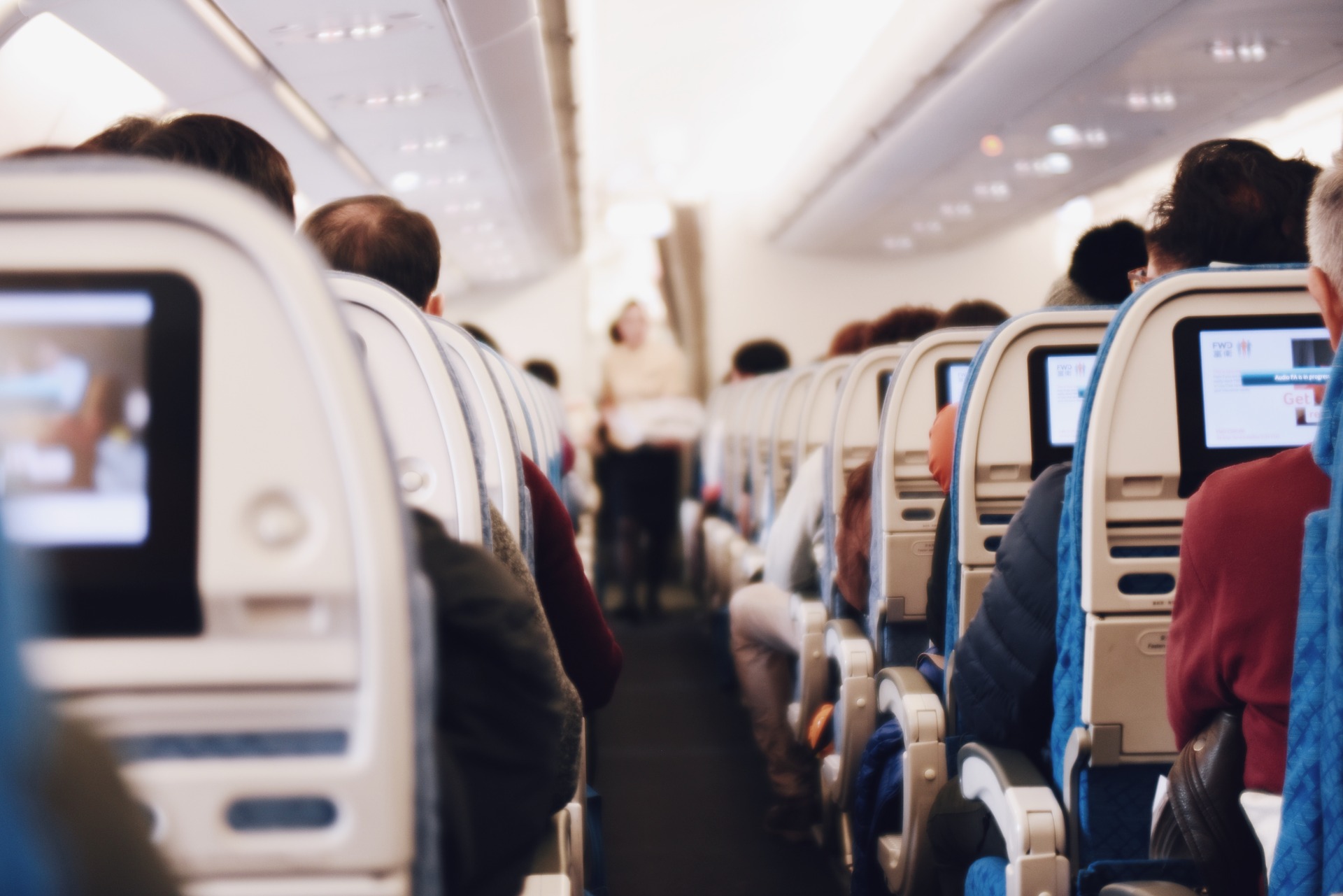The U.S. Department of Transportation wants to “clarify” what constitutes “unfair and deceptive practices” when it comes to airlines and travel agencies. I’m not expecting this to end well…
The DOT has widespread statutory power to prevent “unfair and deceptive practices” by airlines. It has historically exercised that power to mandate airlines display all-in pricing throughout the booking process, regulate tarmac delays, and prohibit post-purchase price increases, even for so-called mistake fares.
But there’s a new sheriff in town and it looks like the DOT will finally start whittling away at these protections. The DOT argues it is re-examining essential discounts to “benefit the public and regulated entities by providing more clarity and certainty of what constitutes an unfair or deceptive practice.”
In theory, such clarification is helpful. It will hold airlines accountable if they know exactly when they have run afoul of the rules. But if “unfair” and “deceptive” is eviscerated of all meaningful value, there might be clarity, but airline consumers will be greatly hurt.
Note what else the DOT says about the potential change in definition:
“It would also codify the practice of offering airlines and ticket agents the opportunity to be heard and to present relevant evidence before the Department takes any enforcement action for an alleged unfair or deceptive practice.”
Again, in theory this isn’t bad…if the DOT serves as a neutral arbiter. But already the DOT is reluctant to act and cannot compel consumer compensation, only fine airlines. The practical effect of allowing more dialogue between parties may grind any adjudication to a halt.
Even more distributing, the point of all this is not to protect consumers, but limit DOT power.
“This proposal will help ensure that the Department’s enforcement practices and regulations stay within the scope of the Department’s statutory authority.”
That is a polite way of saying that the DOT wishes to take a more hands-off approach to airline regulation.
What Is An Unfair And Deceptive?
In issuing a Notice of Proposed Rulemaking, the Department of Transportation is statutorily required by the Administrative Procedure Act to seek public comment.
Over the time, the terms unfair and deceptive have gained more definitive legal meaning:
An act or practice is unfair where it:
- causes or is likely to cause substantial injury to consumers;
- cannot be reasonably avoided by consumers; and
- is not outweighed by countervailing benefits to consumers or to competition.
An act or practice is deceptive where:
- a representation, omission, or practice misleads or is likely to mislead the consumer;
- a consumer’s interpretation of the representation, omission, or practice is considered reasonable under the circumstances; and
- the misleading representation, omission, or practice is material.
These elements are deliberately broad, as a definition cannot possibly encompass all specific applications. I’m not sure how the DOT can “clarify” what constitutes unfair or deceptive practices when general legal definitions must be applied to new and relevant facts.
CONCLUSION
U.S. Transportation Secretary Elaine L. Chao said, “This proposal is intended to provide greater clarity in the interpretation of what constitutes unfair or deceptive practices; we look forward to the public’s comments.”
Unfortunately, I think the DOT will use this change to limit its own power and give airlines more freedom to act without fear of negative regulatory repercussions. Specifically, I question whether all-in pricing requirements or tarmac delay rules will survive. Whatever your political persuasion, that is not good news.
> Read More: Six Consumer Protections Airlines Hope to Eliminate
> Read More: Why Congress Should Mandate All-In Pricing for Hotels Too





Republicans. Enough said.
Sounds like Moscow Mitch is using his wife to further his regressive agenda
This is all politically motivated wild speculation with zero substance. I don’t like the direction your blog is going lately. I’ll visit less often.
Totally, not like there’s 3+ years of evidence supporting this trend or anything.
Oh wait…
@WR2: Don’t look at everything through such a narrow political lens. The Obama-era DOT cut protections for so-called mistake fares. I condemned that move then and still condemn it. It has allowed airlines to essentially have “buyer’s remorse” while consumers are not afforded the same right beyond a narrow 24-hour window after purchase. Do you really want to see $240 flight prices all the way to the purchase screen only to find out the fare doubles due to government taxes and bogus “carrier-imposed surcharges” that are tacked on and not part of the base fare? Must you make this a partisan issue?
I don’t think you’re intending to be political with this post, but let’s look at the reality here. Not counting yours and mine, this post has attracted 8 comments. All eight are overtly political. Seven are completely irrelevant; one raises a valid point about corporations exerting undue influence over elected officials at the expense of consumers. I think you’re smart enough to realize that in this day and age, anything you write that even remotely touches the political sphere is going to be seen through a partisan lens, especially in an election year. You’ll have to ask yourself whether the clicks are worth it or not.
The people who make up the DOT are consumers too. You think they would want clarity in pricing. I can’t imagine any member of the public wouldn’t want that either.
It’s just amazing what power corporations have over politicians. Votes really don’t matter. Financial contributions to political campaigns are what set the rules in this republic.
The head of the DOT is a billionaire, so it’s not like she cares if everyone else gets hosed.
Clarity in pricing is exactly what President Trump wants in healthcare by requiring hospitals to list negotiated rates for their procedures and services upfront instead of insurance companies, hospitals and the billing department keeping the public in the dark. However hospital and insurance special interests are pushing back.
Regarding this issue, I gladly welcome less ridiculous regulations than benefit bureaucrats and drive up regulatory costs which are passed down to customers. I rather have airlines focused on safety regulations and offering a competitive product instead of worrying about be fined for some minute nonsense that some lawyer takes advantage of.
How about “all-in” pricing? Should airlines be able to display deceptively-low base fares until the final booking page where you enter your credit card info?
Three words:
DEFEAT TRUMP NOVEMBER
Fake News, we have no consumer protection against the airlines to take away. The contract of carriage is 99.9% in favor of the airline.
Standing by for the “Good, less government in US businesses!” and “Let the free market sort it out!” crowd who will conveniently forget that the “free market” for most US air travel consists of a 3-carrier oligopoly and they essentially mimic each others’ negative practices within months.
It’s the free market that allows airfares to be the cheapest they have ever been. If you want more space most airlines have that option whether the big seat, extra space, or business class offerings. But most people are cheap and would rather spend the money elsewhere.
Airlines in the U.S. though really aren’t in a free market. They have to navigate so many mundane and useless regulations and deal with dangerous unions and lawyers part of a senseless justice system. They want to retire 80 year old flight attendants and then are sued for doing so. I wish the airline industry were actually free.
“Dangerous unions”LOL. Sounds like a band name.
This is being put in place due to all of the AA shutdowns. AA is worried about all of the complaints being filed.